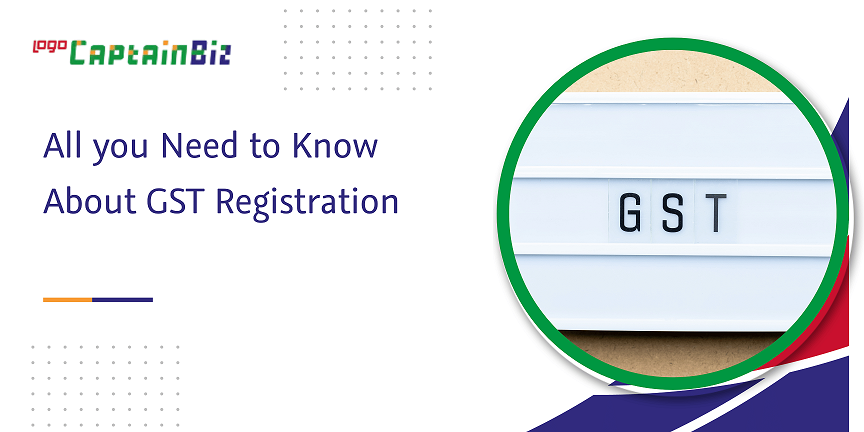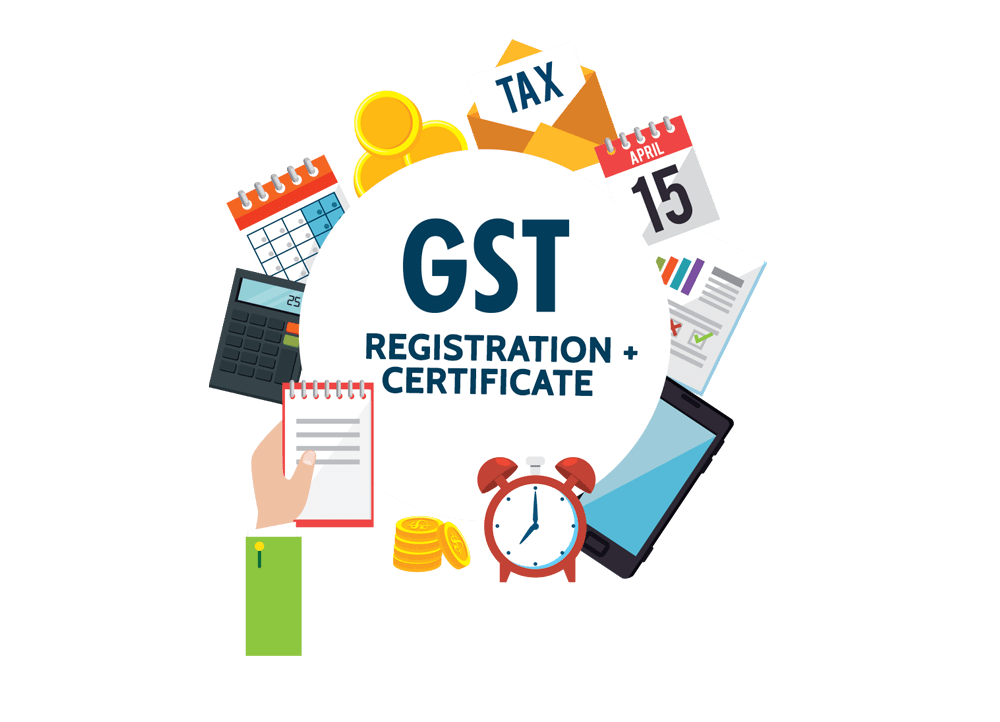Top Tips for a Smooth Singapore GST Registration Experience
Top Tips for a Smooth Singapore GST Registration Experience
Blog Article
Optimizing Tax Obligation Performance: Specialist Tips on Browsing the GST Registration Maze for Local Business
Navigating the complex landscape of Product and Solutions Tax (GST) registration can be a labyrinthine task for local business intending to maximize their tax obligation effectiveness. Comprehending the eligibility standards, careful documents needs, calculated timing considerations, and adept enrollment process tips can significantly influence a business's financial standing. Conformity with GST laws is paramount, and adhering to best techniques can improve procedures and stop possible pitfalls. In this conversation, we will check out expert understandings and actionable suggestions that can equip little companies to browse the GST registration puzzle successfully and optimize their tax obligation performance.
Qualification Criteria
Eligibility demands for Local business GST Registration include details requirements that services have to fulfill to follow tax obligation laws. To qualify for GST registration, a service needs to have an annual turnover going beyond the threshold established by the tax authorities, which varies by country. Furthermore, services involved in inter-state supply of items or solutions, or those selling goods online, may be needed to register for GST, irrespective of their turnover. It is necessary for businesses to precisely identify their eligibility based on these turnover thresholds to prevent fines for non-compliance. Singapore GST Registration.

Documentation Requirements
The required paperwork generally consists of evidence of service enrollment or incorporation, address and identification proofs of the business owner, photos, financial institution account information, and proof of the primary location of organization. Additionally, services need to supply information of their organization activities, including the goods or solutions supplied.
Keeping all necessary documents organized and easily available can simplify the registration procedure and assistance organizations conform with the requirements successfully. Precise focus to detail and adherence to the documentation standards are important for an effective GST registration procedure for tiny organizations.
Timing Considerations
Thinking about the important documents requirements have actually been thoroughly addressed, the next crucial facet for local business getting started on the GST enrollment process is the calculated monitoring of timing factors to consider. Timing plays an essential function in GST registration, impacting not just compliance yet likewise economic elements of business. Small companies need to carefully prepare the timing of their GST enrollment to take full advantage of benefits and lessen prospective dangers.

Furthermore, services need to straighten the timing of their GST enrollment with their functional readiness. Sufficient preparation, such as upgrading accounting systems and training personnel, is necessary to flawlessly incorporate GST demands into daily procedures. By tactically handling timing considerations, small businesses can navigate the GST registration process successfully and maximize their tax efficiency.
Enrollment Refine Tips
Successfully navigating the GST enrollment procedure needs tiny services to apply positive and strategic enrollment procedure suggestions. This consists of business enrollment records, proof of address, bank declarations, and identification proofs of the organization owners.
Additionally, recognizing the thresholds and requirements for GST click here for more registration based upon the details state or territory where the company runs is necessary. Some states have various turnover thresholds that set off required registration, so being informed concerning these limits can aid companies prepare ahead.
One more beneficial pointer is to consider seeking professional support from accountants or Continue tax experts that concentrate on GST enrollment. Their know-how can simplify the procedure, lower mistakes, and make certain conformity with all laws.
Conformity Ideal Practices
Navigating the GST enrollment process smoothly necessitates not only tactical registration process suggestions however likewise persistent adherence to compliance best practices to ensure ongoing regulatory placement. Local business need to prioritize compliance to prevent penalties and keep a great standing with tax obligation authorities. One vital ideal practice is to maintain accurate and in-depth documents of all transactions. This includes invoices, invoices, and various other economic records that may be required for tax audits or conformity checks. Furthermore, staying educated concerning any type of changes or updates to GST laws is essential. Local business owners need to regularly examine federal government standards and seek specialist recommendations browse around here if needed to guarantee they are meeting all demands. It is also advised to file GST returns promptly to prevent late costs and penalties. By integrating these conformity ideal practices right into their operations, small companies can navigate the intricacies of GST enrollment with confidence and effectiveness.
Final Thought
Finally, local business can navigate the GST registration maze by ensuring they satisfy qualification requirements, collect required documentation, consider timing implications, follow registration process pointers, and stick to conformity ideal techniques. By optimizing tax obligation effectiveness through proper GST registration, businesses can boost their economic monitoring and procedures.
Browsing the complex landscape of Product and Solutions Tax (GST) enrollment can be a labyrinthine job for little companies aiming to maximize their tax obligation effectiveness.Eligibility requirements for Small Organization GST Enrollment include particular criteria that organizations have to satisfy to comply with tax obligation guidelines. The needed documentation generally consists of evidence of company enrollment or identity, unification and address evidence of the business proprietor, photographs, bank account details, and evidence of the primary area of company. Additionally, services need to provide information of their business tasks, including the solutions or items supplied.Effectively browsing the GST registration procedure requires tiny companies to carry out positive and critical registration process suggestions.
Report this page